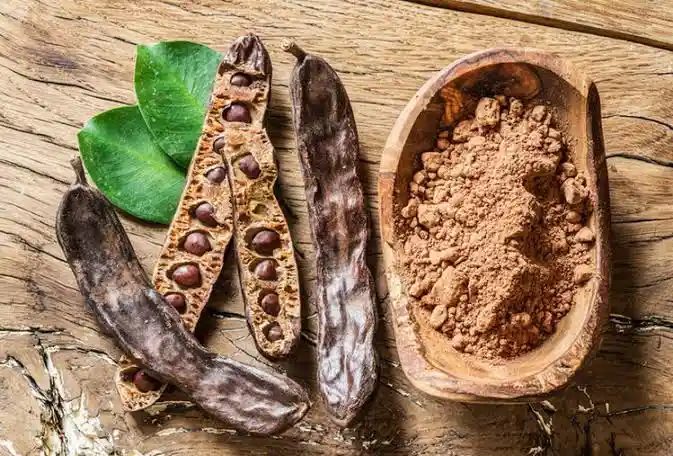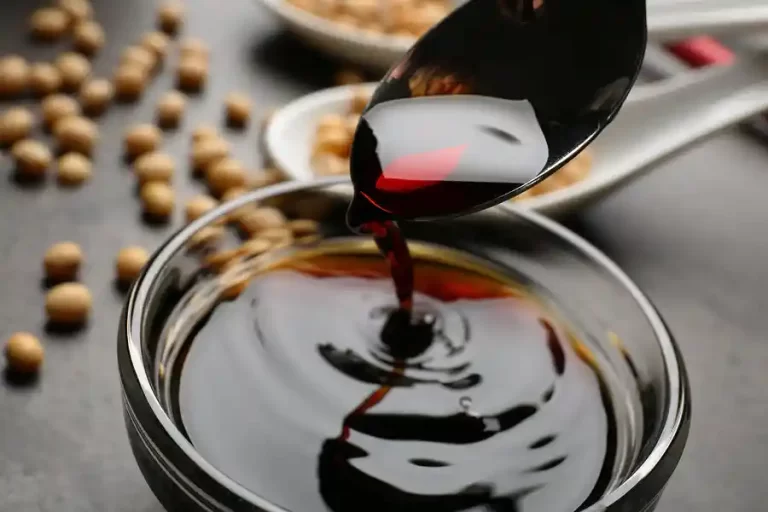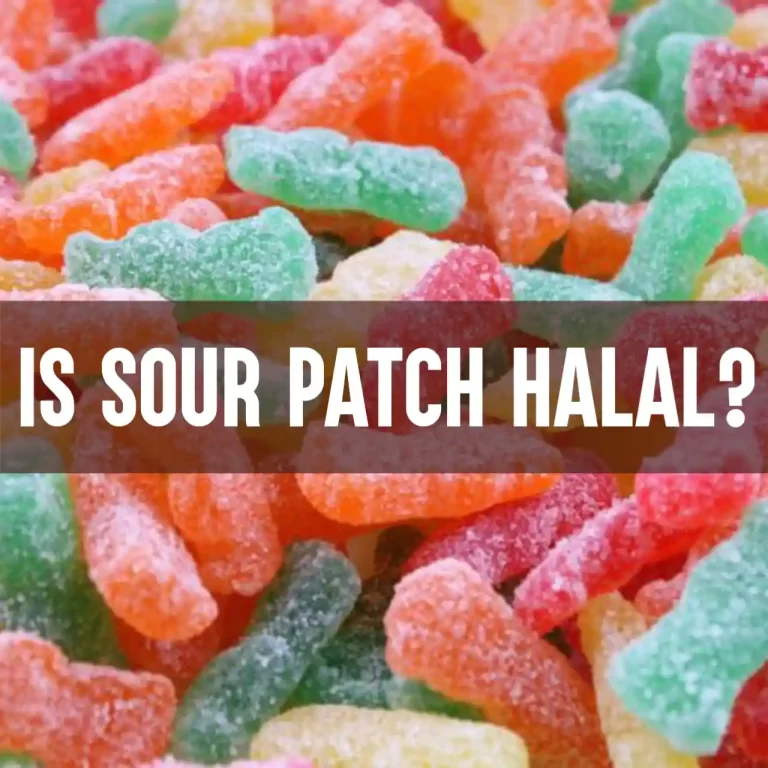Is Locust Bean Gum Halal? (Quick Facts)
Advertisements
Locust bean gum, also known as carob bean gum, is a natural thickening and stabilizing agent commonly used in food products. But is locust bean gum halal? In this blog post, we’ll explore its halal status according to Islamic dietary laws.
Whether you’re a Muslim looking to ensure that the food you consume is permissible under Islamic law, or simply interested in learning more about halal food ingredients, this post has something for you.
Is Locust Bean Gum Halal?
Yes, locust bean gum is halal. There is no evidence to suggest that locust bean gum is haram, so we go back to the original principle, which is that they are halal and permissible. The basic principle with regard to food and drink is that it is permissible unless there is proof that it is haram.
The scholars set a rule that says that in principle everything is halal and permissible, and they based this rule on shar‘i evidence.
- READ ALSO: Is Red Wine Vinegar Halal? Quick Guide
Shaykh al-Islam Ibn Taymiyah (may Allah have mercy on him) said:
Advertisements
It should be understood that in principle all things, of various types and categories, are generally halal for human beings, and that they are taahir (pure) and it is not forbidden for people to handle them and touch them.
This is a comprehensive rule that is general in application, and it is an important ruling that is of immense benefit and brings much blessing, and the scholars turned to it when issuing ruling on innumerable actions and issues faced by people.
It is based on by ten points of evidence – from what I can call to mind of sources of sharee‘ah – namely: The Book of Allah, the Sunnah of His Messenger, and following the path of the believers that is mentioned in the verses (interpretation of the meaning):
“Obey Allah and obey the Messenger (Muhammad (blessings and peace of Allah be upon him)), and those of you (Muslims) who are in authority”
[surah an-Nisa’ 4:59] and
“Verily, your Walee (Protector or Helper) is Allah, His Messenger, and the believers”
[Surah al-Maa’idah 5:55];
In addition to qiyaas (analogy), consideration, rational thinking, and insight.
End quote from Majmoo‘ al-Fataawa (21/535)
With regard to food, drink, clothing and soap (and cleaning materials), this rule is to be followed with regard to everything concerning which there is no shar‘i text, with the exception of the following:
Things containing any considerably harmful ingredients, because the basic principle with regard to harmful substances is that they are prohibited, and they are not included in the rule that in principle everything is permissible.
Allah, may He be exalted, says (interpretation of the meaning):
“and do not throw yourselves into destruction”
Surah al-Baqarah :195
“And do not kill yourselves (nor kill one another). Surely, Allah is Most Merciful to you”
Surah an-Nisa’ 4:29
Advertisements








2 Comments